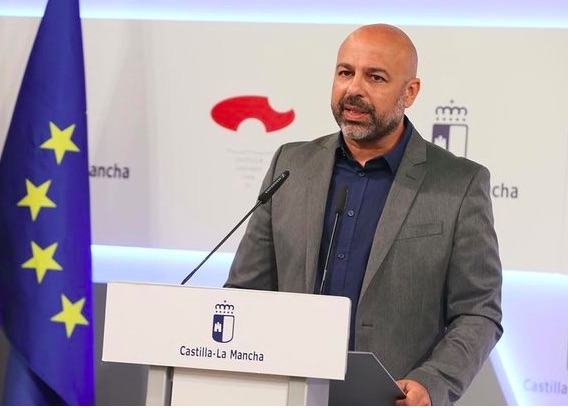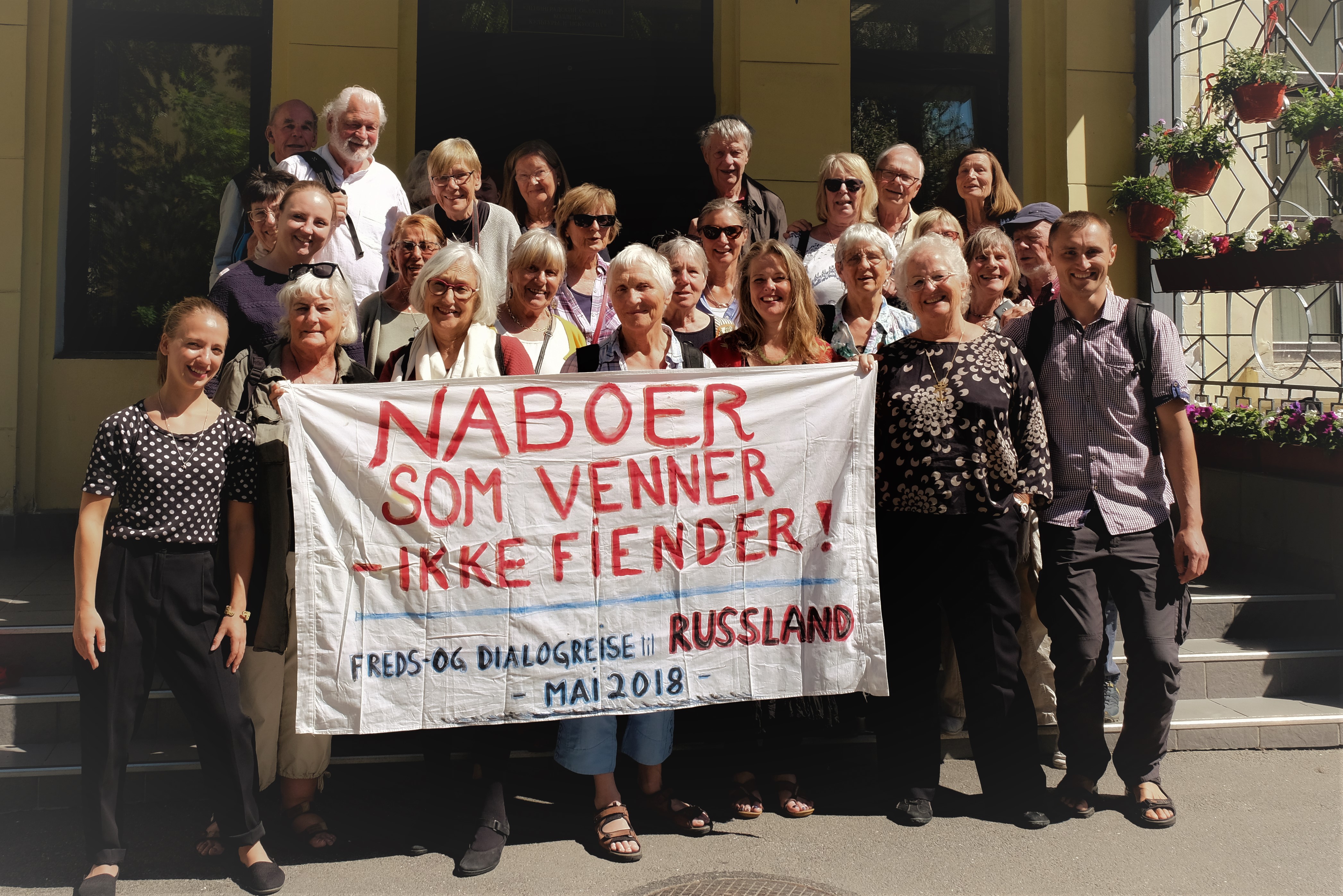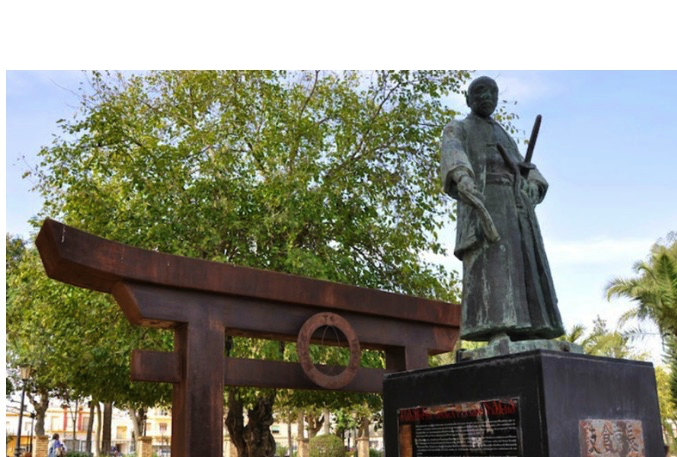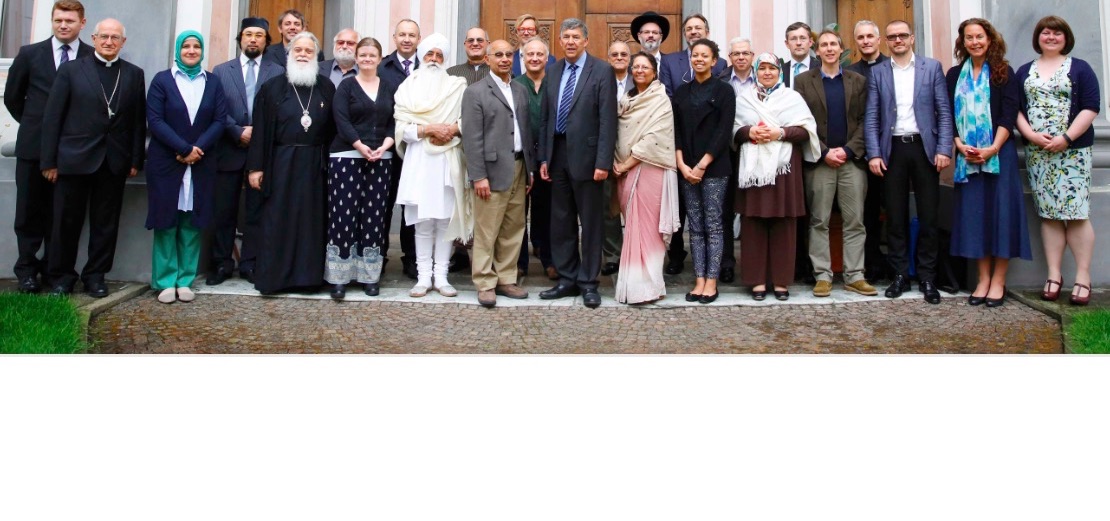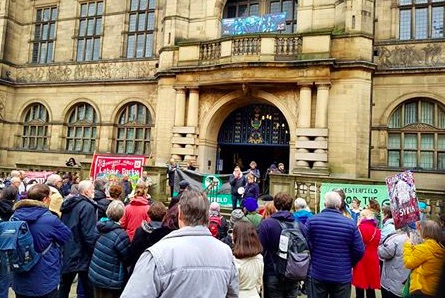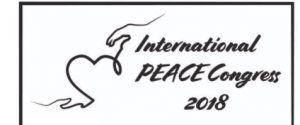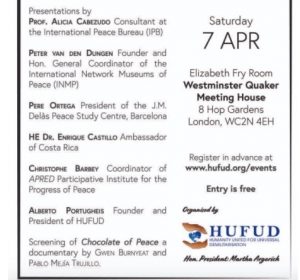EDUCATION FOR PEACE .
An article by the Global Campaign for Peace Education
The “Peace Education in Teacher Training” workshop took place between the dates 18th-19th January, 2018, at the Ness Hotel in Kocaeli. This workshop was organized by Kocaeli University, Faculty of Education. The workshop was supported by TUBITAK (The Scientific and Technological Research Council of Turkey) and organized under the programme of Support for Cooperation and Organizing Activities for Events within the Bilateral Cooperation between Turkey-UK. The aim of this workshop was to understand the diversity of students in schools in Turkey and the United Kingdom and to share knowledge and experience for peace education. During the workshop, participants discussed various training programs, methods and strategies necessary for the ability to live peacefully in social life, and to develop cooperation between practitioners and researchers across the two countries. Participants included 17 peace education academicians and practitioners, 10 of which were from Turkey and 7 from the UK.

The opening ceremony and first session took place at Kocaeli University, Faculty of Education. During the opening ceremony, the Vice-President of the University, Dean of the Faculty, and Chair of the event each shared their support for peace education in the university. Following this, there were ten sessions during which peace education concepts – such as the meaning of diversity and peace, content and consequences of peace education, and efforts toward pre-service and in-service teacher training were discussed. Specifically, the workshop provided space for the sharing of best practices within peace education in Turkey and the UK. During the discussions, diversity and multiculturalism emerged as core issues across the contexts. During the discussions, it was found that “diversity” is often referred to as “inclusion” in the UK, “multiculturalism” in the US, and “inter-culturalism” in Turkey. The diversities were discussed to be based on not only race, religion or nationality, but also social class, economic class, ableism, sexual orientations, academic abilities, and social deprivation. It was made clear that the starting point for diversity management depends on the perspective from which the individual educator and school approaches diversities. In particular, these approaches include perspectives that are communal, interpersonal, political and global. Concerning strategies, the participants promoted the acceptance of others, training of social skills for the classroom, role modelling, and raising culturally responsive students to manage student diversities successfully.
The aims and content of the peace education were discussed in detail during other sessions. The participants of the workshop discussed that the aims are divided into two levels: micro-level and macro-level. Among the micro-level aims, the understanding of possibilities of peace, awareness of one’s own emotional and personal sources, and the recognition of innate personal values, values about friendship and values about community were discussed. For macro-level aims, the societal peace through social justice was regarded as the ultimate aim. When it came to the content of peace education, it was divided into four categories including values, skills, knowledge and process/methodology. Compassion, respect for diversity and nonviolence were among values of peace education while cooperation, inner peace methods, conflict resolution, inquiry listening, problem solving, critical thinking, dialogue, and activism related to how to promote social change. In addition, the understanding feelings, learning human rights and children rights, environmental education, and interculturalism were among the core knowledge constructs participants felt should be included in peace education programs. Lastly gender equality in hidden curriculum, participation, and asking open questions were among the processes/methodologies discussed.
During the sessions, it was discussed that the peace education content should change according to educational stages and context of the education. Participants divided peace education content into three levels which were affective (socio-emotional), cognitive (knowledge) and practice (skills) levels. For pre-school education, the affective aim seeks to foster empathy-building by doing empathetic activities, such as empathy in the playground. For primary school and middle school, the practice level actions might include imagining alternatives to violence and improving personal problem-solving skills. The cognitive level of peace education for primary and middle schools could include intercultural engagement. Also the affective level peace education should concern generating feelings and actions toward coexistence. For high school and colleges/universities, the practice level content could include brainstorming social alternatives to violence. This would make students more aware of benefits of peace.
(continued in right column)
Question for this article:
Where is peace education taking place?
(continued from left column)
The effect of the country’s demographic and political structure on peace education was another topic discussed in the workshop. It was decided that demographics should only describe people, not serve as separating and labelling mechanisms. Unfortunately, it was found that the countries’ political and economic structures affect peace education a great deal. The participants discussed that the hegemony of governments surely prevents investments in peace education. In relation to this, it was put forward that schools too often promote the dominant culture and that peace educators must remain aware of this.
How peace educators should be trained both during pre-service and in-service was also discussed during the workshop. Being a peaceful person was regarded as a prerequisite to being a peace educator, but what this meant was contested. Also, the participants discussed that peace education should be an interdisciplinary field of expertise rather than being a separate one. Thus, each teacher should be trained to be a peace educator during pre-service and in-service training. Elective courses, such as the course “Peace Education”, can be added to teacher pre-service training programmes to achieve this. As the textbooks are important aspects of teaching process, they should also be taken into consideration for peace education. Thus, the language and the content of textbooks for all courses should be reviewed in order for them to be appropriate for peace education. In terms of in-service training process, the teachers should be trained to be teachers who are able to resolve interpersonal conflicts by establishing constructive and peaceful dialogue with students. In order to achieve this, in-service programs should teach: negotiation skills, interpersonal problem-solving skills, mediation skills, questioning skills, effective listening, active listening skills, empathic listening skills, reflective listening skills, reframing skills, lack of prejudice, tolerance, and an appreciation of diversity, among other skills.
After the fruitful discussions, the workshop was concluded with an agreement to continue working toward peace education across the various contexts of the participants, including work to translate key materials, and to develop joint curriculum and evaluation tools. It was made clear that each and every participant both Turkey and the UK understood they were not alone in the struggle for peace education. This clearly showed the universality of peace, and the need for it. As Mustafa Kemal Atatürk, the founder of contemporary Turkey, said: “Peace at home, peace in the world.”
In conclusion, the Turkey-UK peace education training workshop promoted peace education and the respect of diversity as an important capacity for new educators in Turkey drawing on lessons learned from the UK, and vice versa. This is particularly important today since Turkey is currently facing a migration crisis. As is well-known, nearly 3.5 million Syrian refugees have arrived in Turkey since 2015. It is important that the education system and educators are prepared to assist young refugees to participate in and prosper from the Turkish education system. Thus, it is possible to say that schools are one of the most effected organizations by this immigration process, which makes peace education and peace educators especially important. The other partner, the UK, is also affected by Syrian refugees, just as other parts of the Europe are, and participants from the UK had much to learn from Turkish educators in terms of best classroom practices in times of migration, forced displacement, and trauma.
The workshop has put forward the importance of sharing standards and best practices for peace education. Preparing a joint curriculum in order to be able to work cross-culturally, and most of all, training teachers in order to manage peace education are the key findings of the workshop. It is believed that these findings will contribute to the field, since both Turkey and the UK are important examples to define how people from different cultures could live together and what kinds of social outcomes this may produce. If the contexts and the practices of peace education in these countries are understood better, this could lead to better practices in other countries experiencing similar challenges. If short, “peace at home, peace in the world” might be achieved.
Acknowledgements:
We wish to thank Dr. Kevin Kester for his greatest contributions to our activity report. Also we wish to thank the participants: Abbas Turnuklu, Anna Gregory, Beryl Williams, Edward Sellman, Hasan Coskun, Mary Dalgleish, Mualla Aksu, Osman Titrek, Sara Hagel, Semra Demir Basaran, Terrence Bevington and Yucel Kabapinar for their invaluable contributions to the all sessions.
And lastly, we would like to thank TUBITAK (The Scientific and Technological Research Council of Turkey) for supporting our workshop with the ID number 1929B021700437 under the programme of Support for Cooperation and Organizing Activities for Events within the Bilateral Cooperation between Turkey-UK.
(Thank you to Janet Hudgins, the CPNN reporter for this article.)


